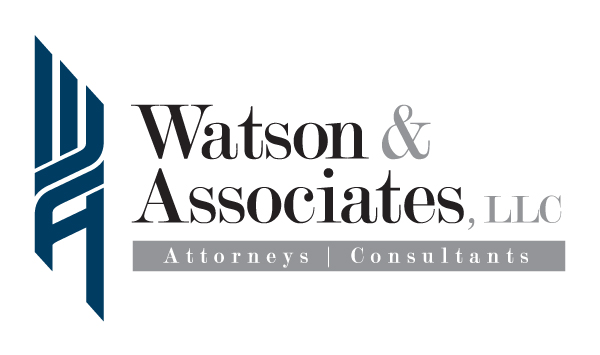Federal Anti-KickBack Statute Liability
Under the Federal Anti-Kickback Act, criminal action can occur if there is a specific intent to induce referrals or orders for services. In government contracting and other federal activities, Anti- KickBack Statute Liability can be up to five years in prison, with the potential for additional criminal fines up to $25,000, and administrative civil money penalties reaching as much as $50,000.
KickBack Statute Liability can be up to five years in prison, with the potential for additional criminal fines up to $25,000, and administrative civil money penalties reaching as much as $50,000.
Congress enacted the Anti-Kickback Act in 1946 in response to reports that World War II defense subcontractors were paying fees to prime contractors to gain valuable military subcontracts. These payments were ultimately a burden on taxpayers, as prime contractors would pass these inflated subcontract costs along to the government.
The U.S. Supreme Court reaffirmed the purpose of the Act in a 1966 decision when it observed that “public policy requires that the United States be able to rid itself of a prime contract tainted by kickbacks.” United States v. Acme Process Equip. Co., 385 U.S. 138, 147, 87 S. Ct. 350, 356 (1966).
In 1986, Congress amended the Act “to enhance the government’s ability to prevent and prosecute kickback practices.” H.R. REP. NO. 99–964, at 4 (1986), reprinted in 1986 U.S.C.C.A.N. 5960−61. Congress explained that “[t]hese practices have become a pervasive problem in Federal procurement. This form of commercial bribery has tremendous impact. Kickbacks directly inflate contract costs paid by the taxpayer. Kickbacks destroy competition and they foster corruption.”
Protecting Yourself from Anti-Kickback Liability
If you are a government employee, you always want to stay clear of any kickback payments from contractors. Whether or not you are involved in the procurement process should not play a role in this determination.
- Government employees are fertile ground for federal anti-kickback statute liability.
- They should always be aware of the rules that discuss gifts to federal employees.
Government contractors must also be aware of federal anti-kickback regulations and how they impact them for criminal liability. Contractors should make sure that they implement internal policies and controls that focus on training their employees.
Remember that violations of the anti-kickback statute laws are punishable by up to five years in prison, criminal fines up to $25,000, administrative civil money penalties up to $50,000, and exclusion from participation in federal health care programs.
FEDERAL ANTI-KICKBACK STATUTE SAFE HARBORS
Safe harbors to the federal anti-kickback statute liability can potentially immunize certain payment and business practices that are implicated by the anti-kickback statute from criminal and civil prosecution. This is a voluntary process. Noncompliance with the safe harbor provisions would not automatically subject you to criminal liability. This is a good example of when you should consult with a federal anti-kickback statute lawyer for some legal advice.
Find Out More About Our Practice Areas and How We Can Help You
For help or representation in an anti-kickback statute case, call our government contract attorneys at 1-866-601-5518 for a free initial consultation.

One comment on “Federal Anti-KickBack Statute Liability”
Comments are closed.